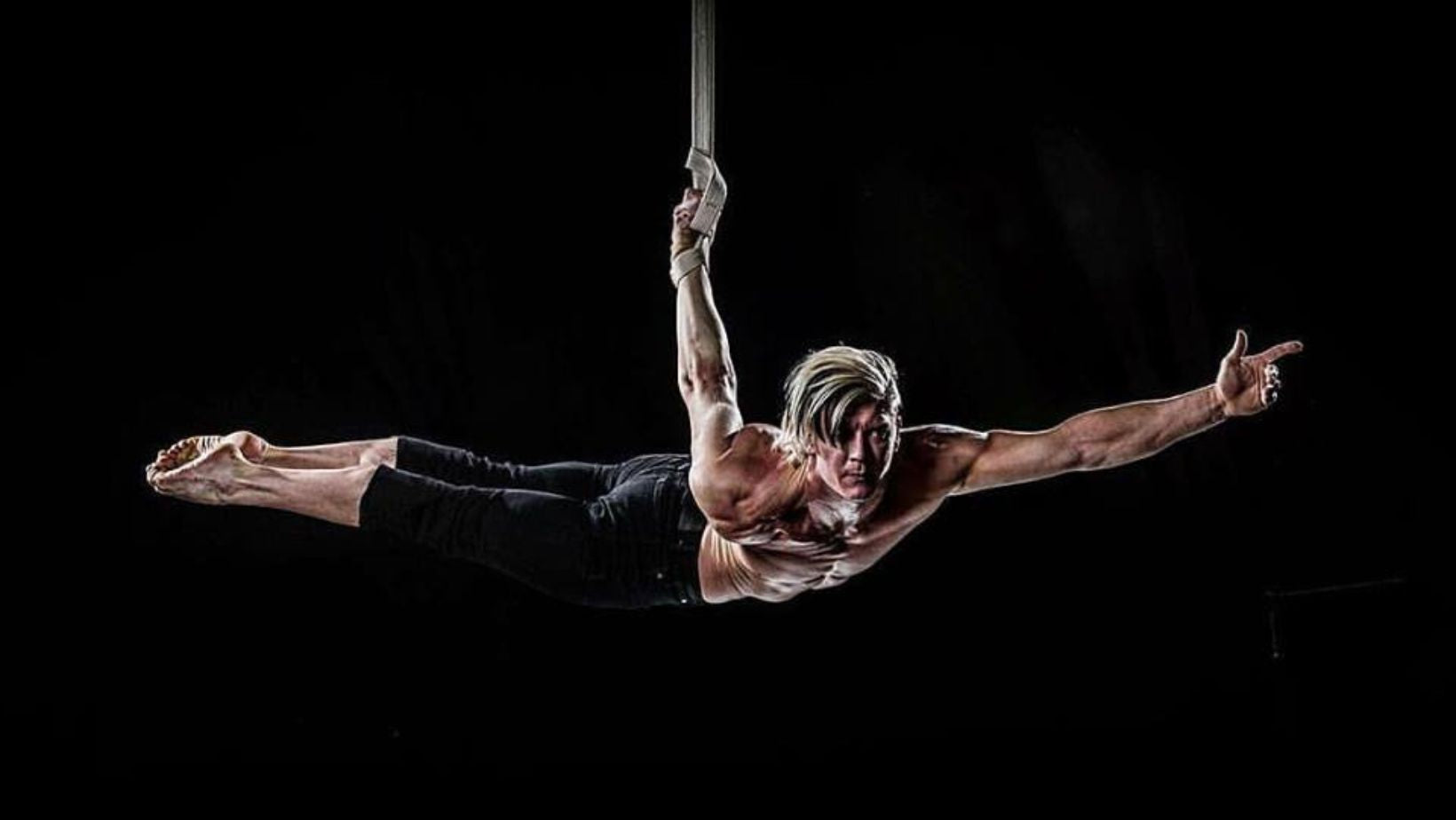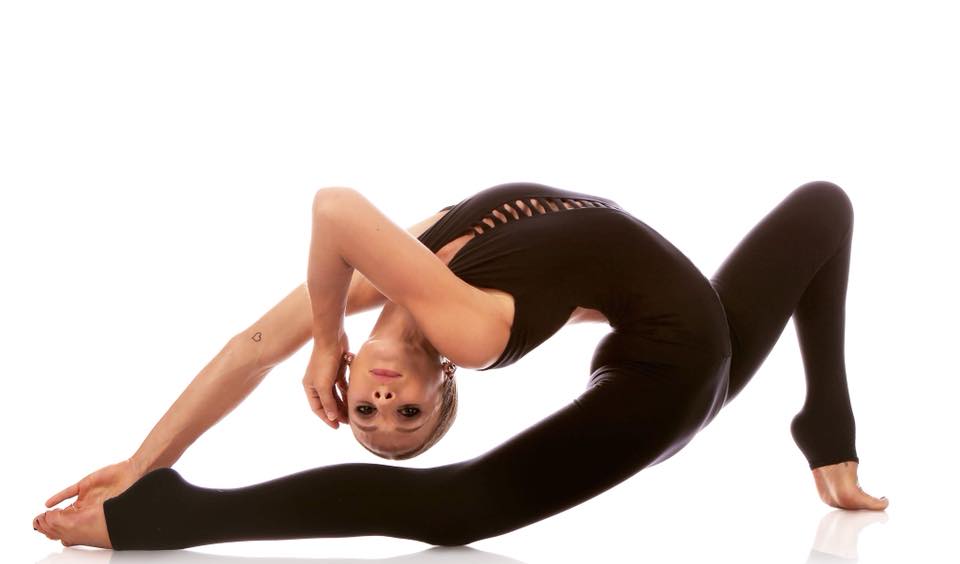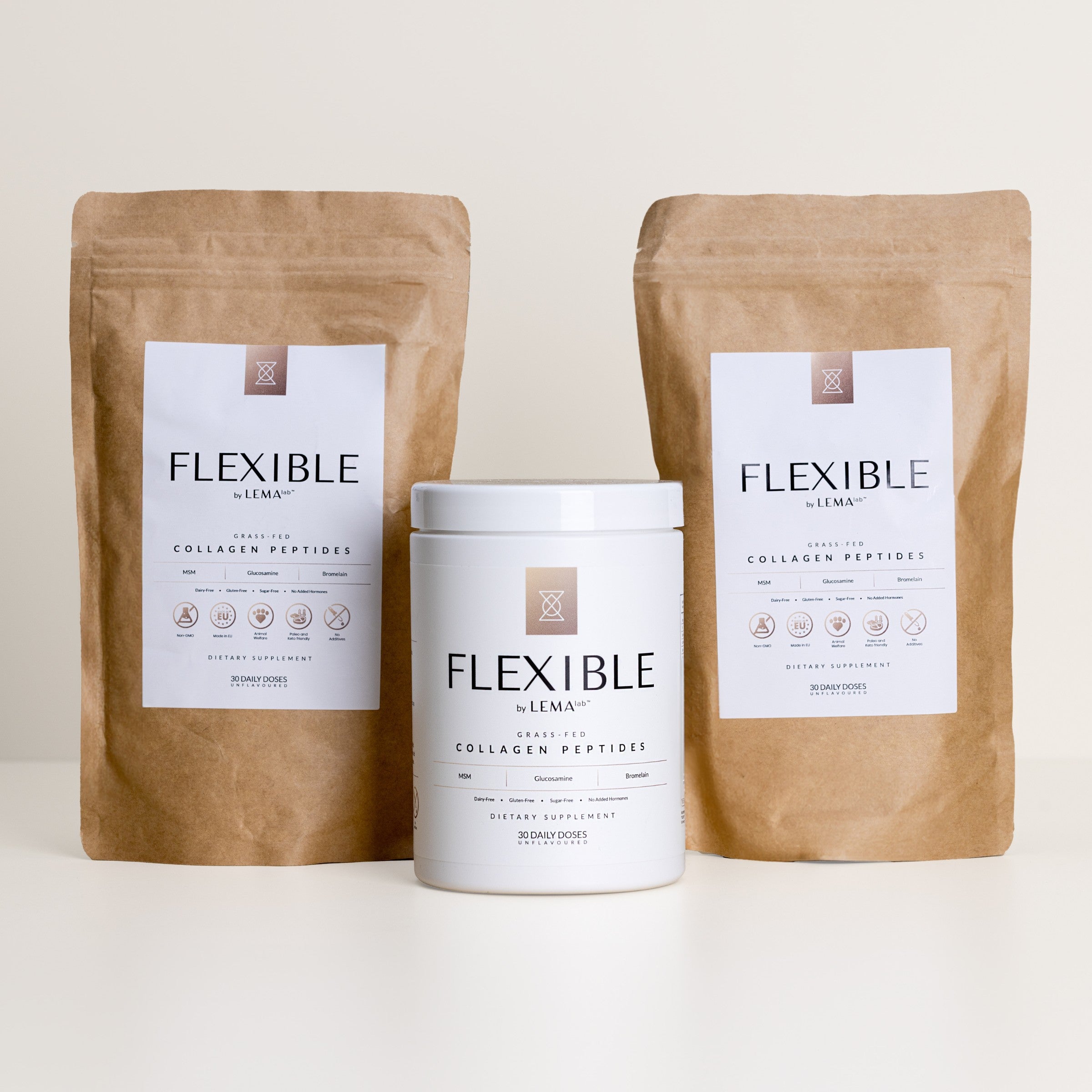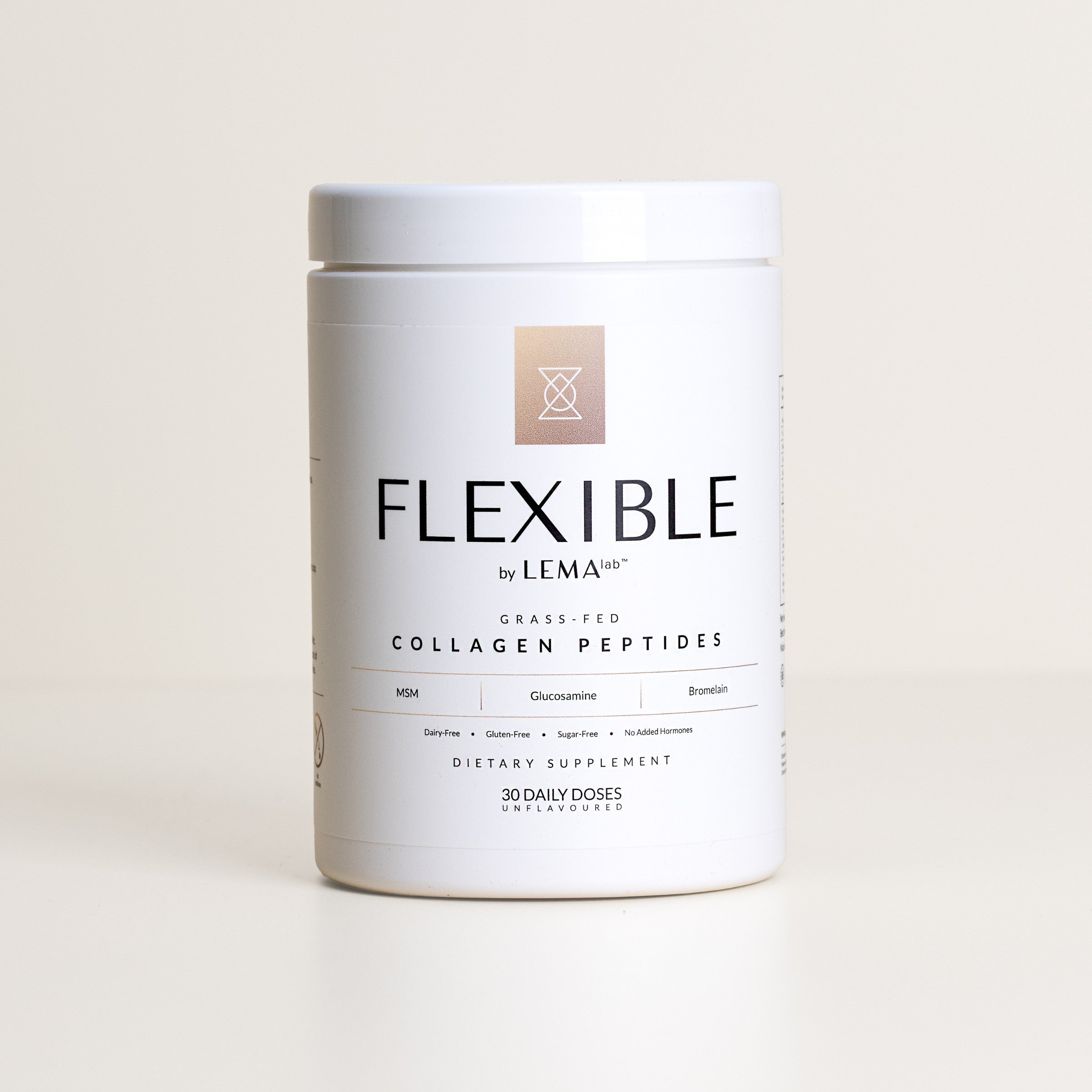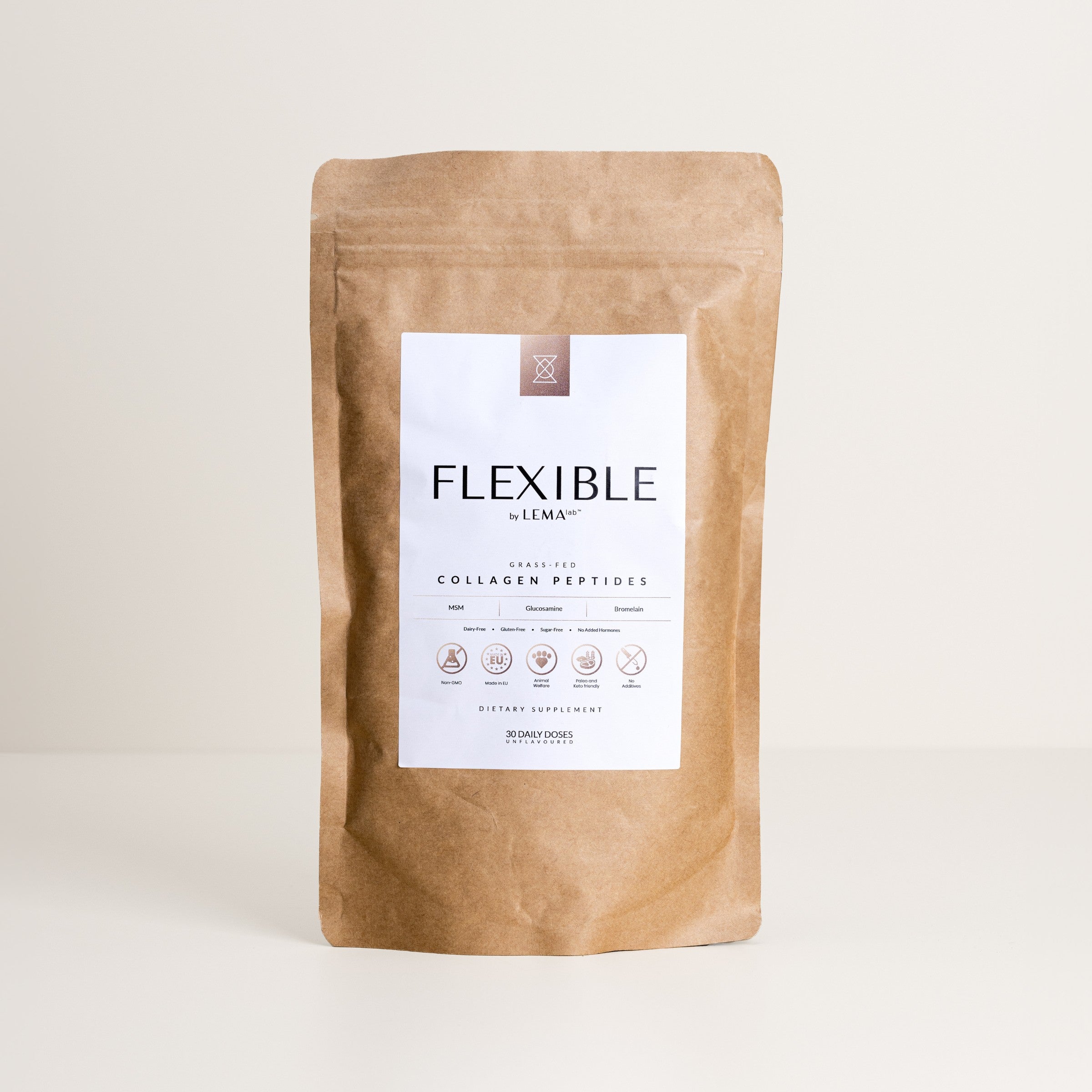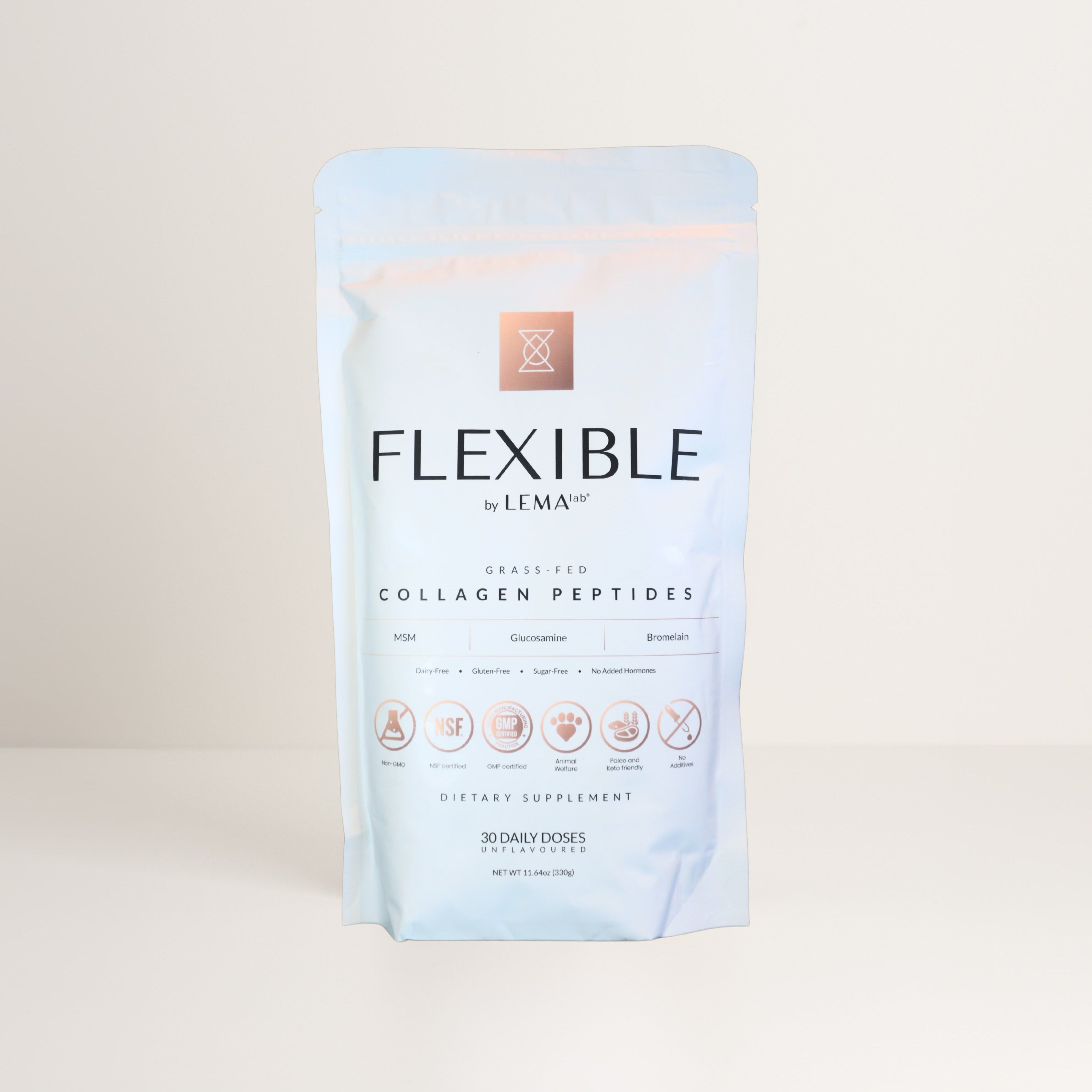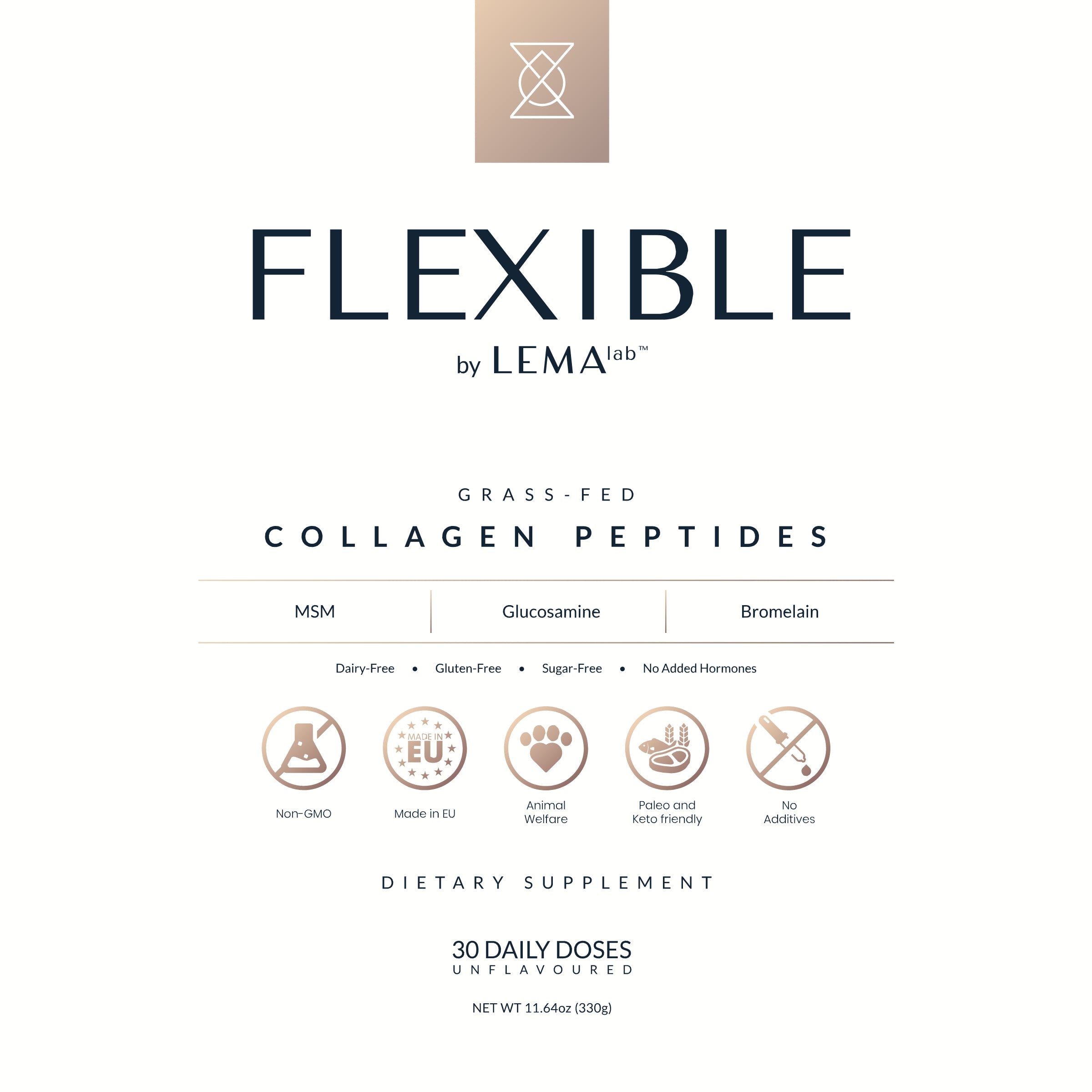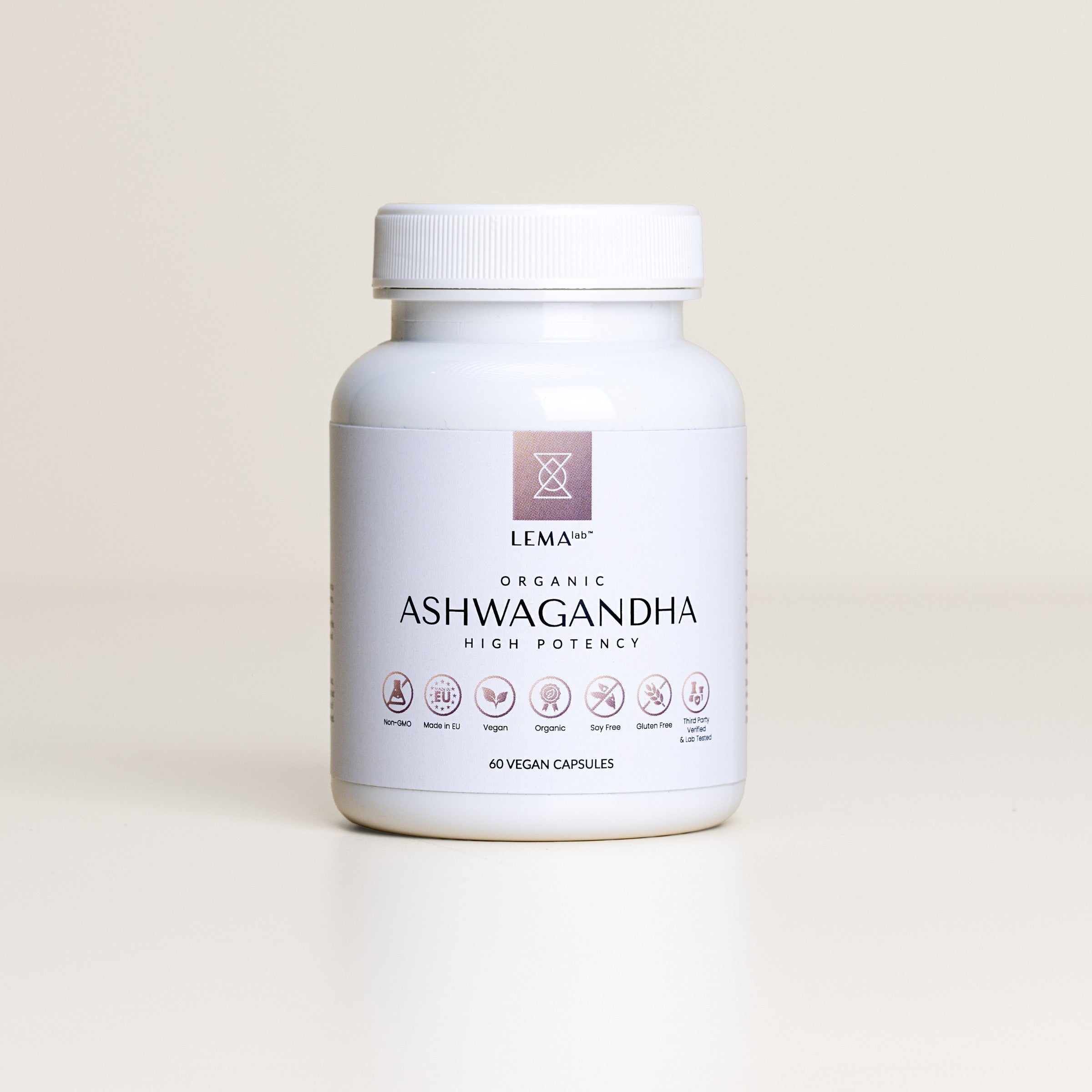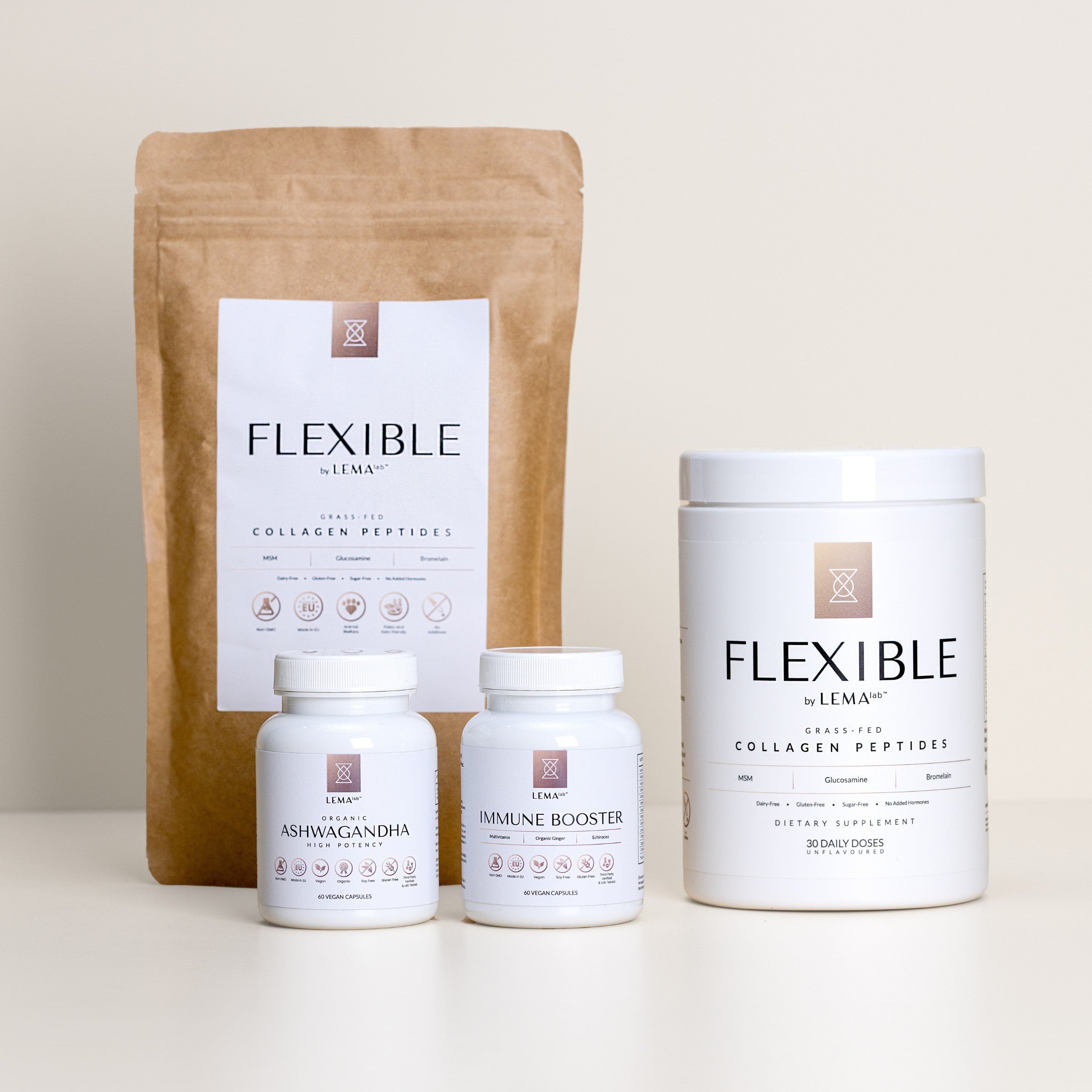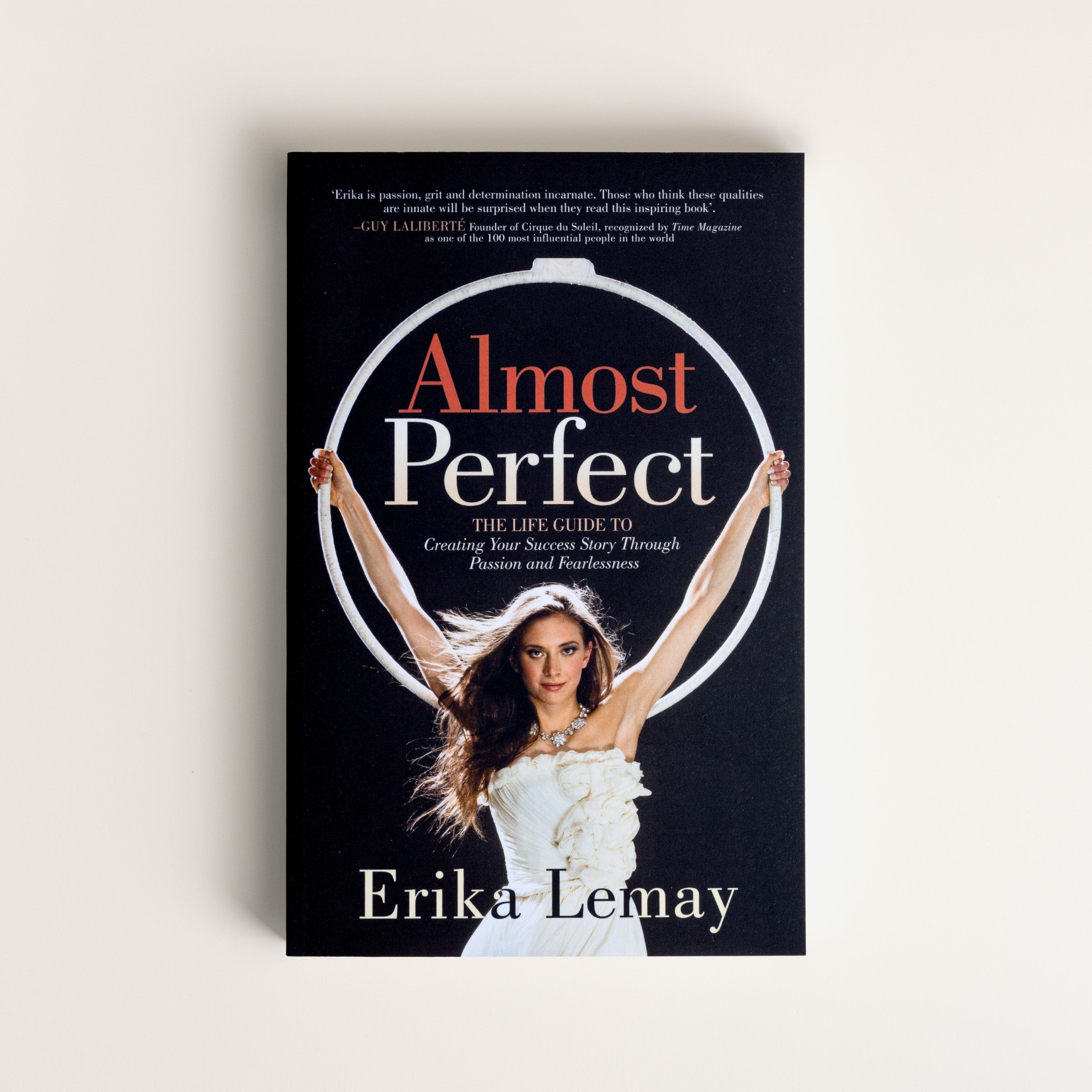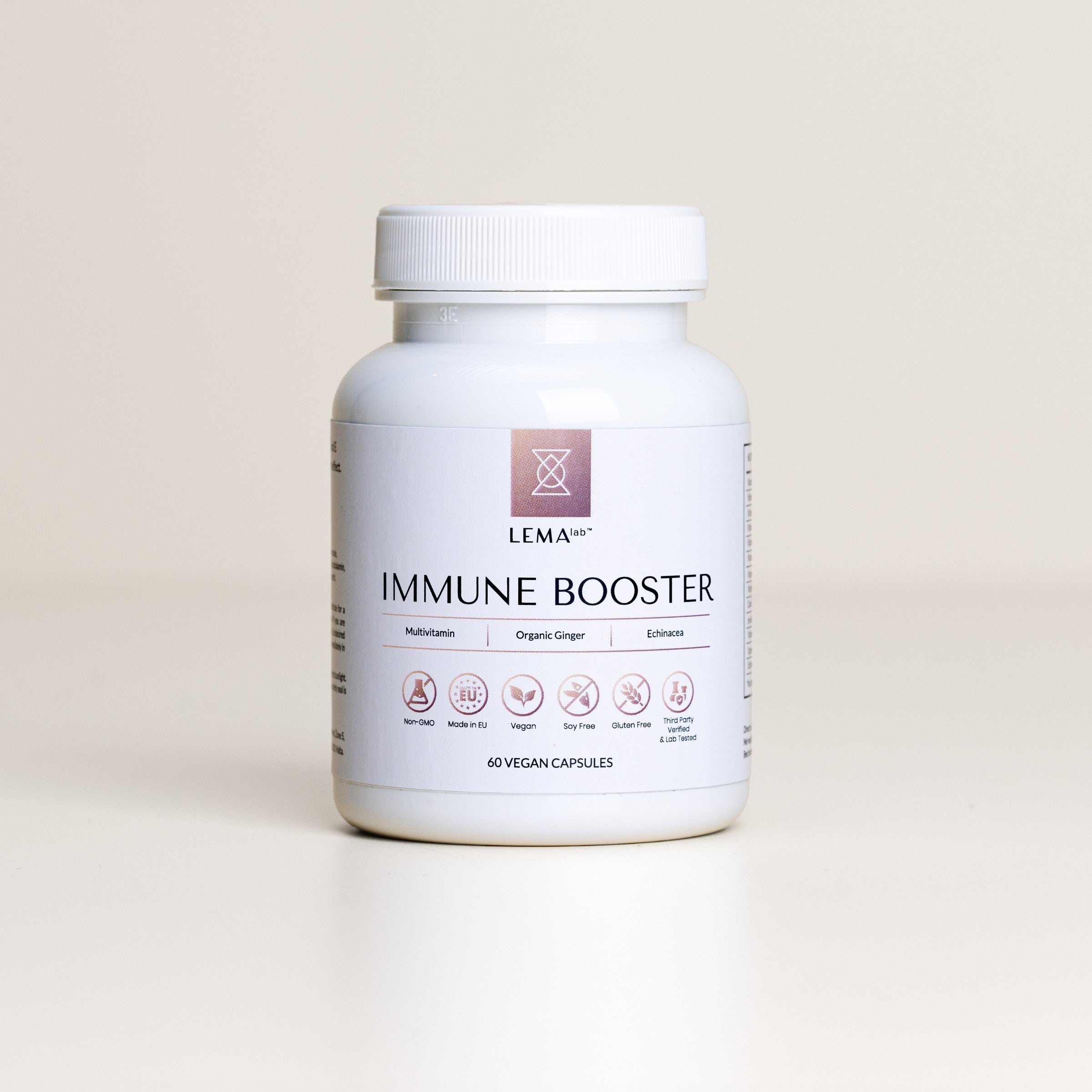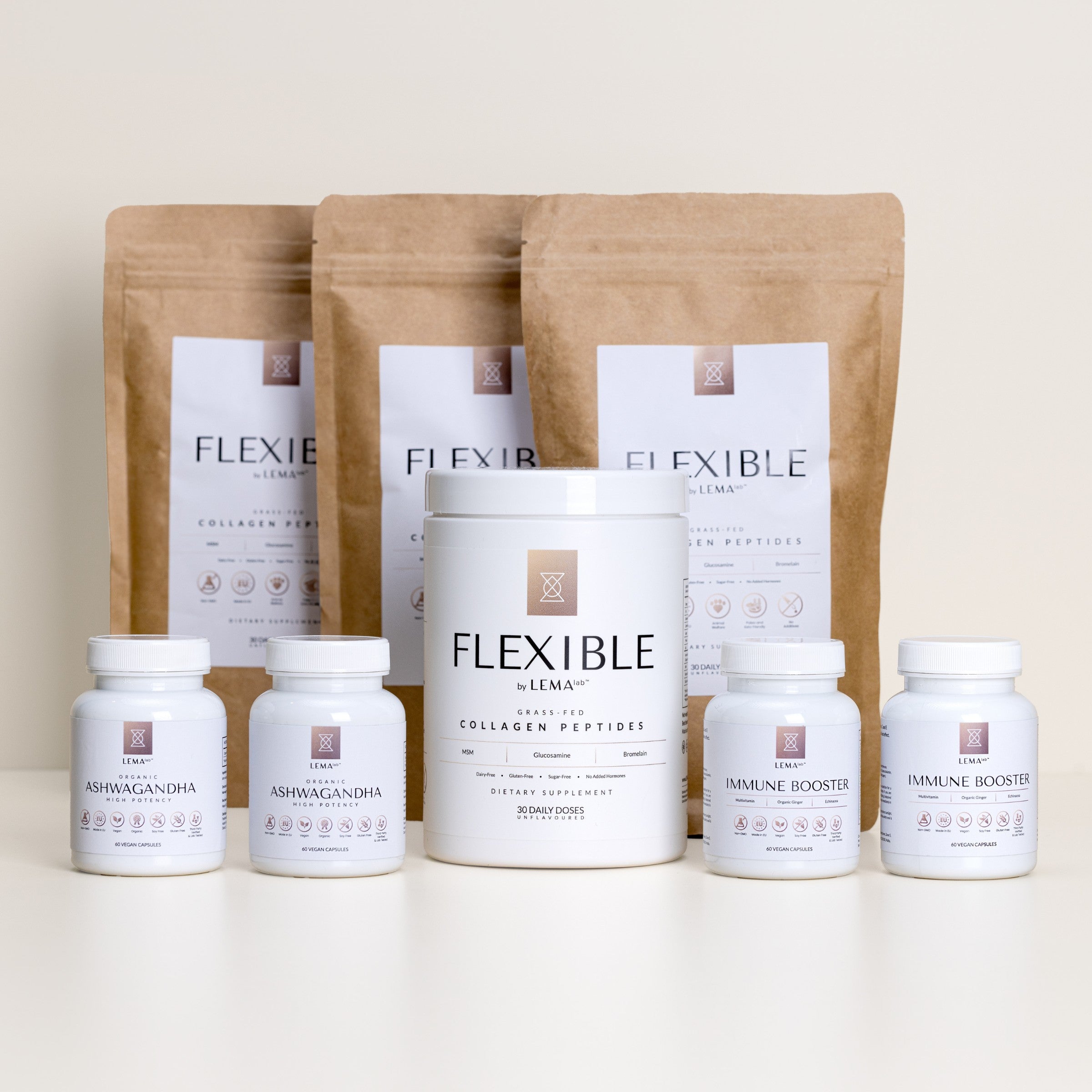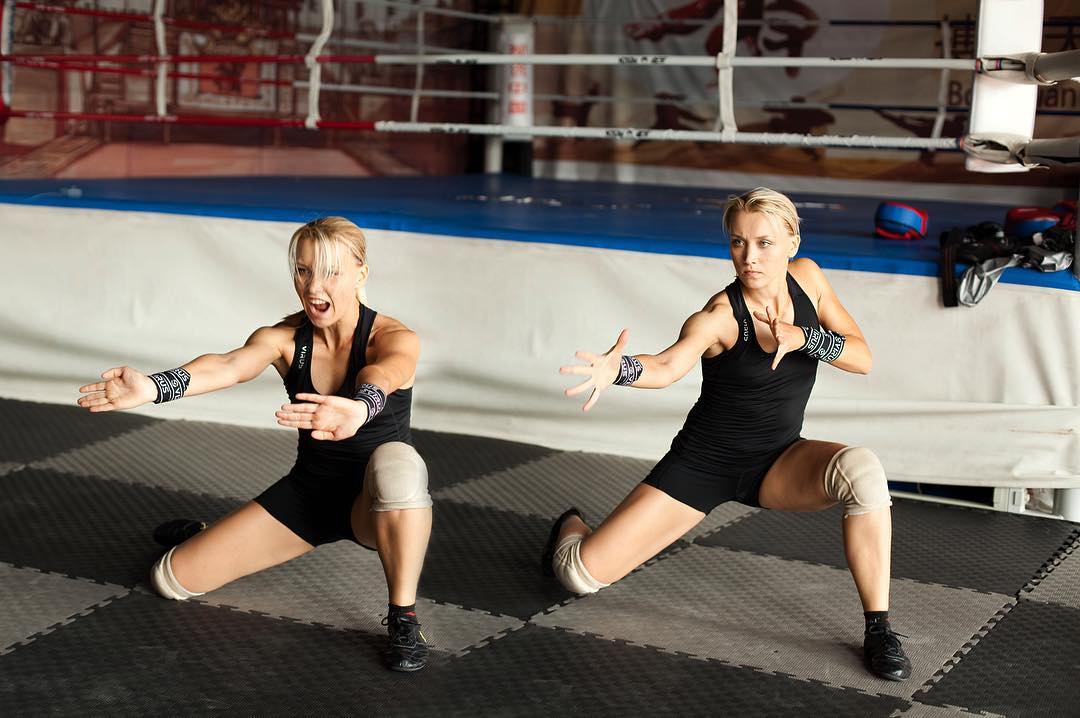
SVITLANA ZAVIALOVA AKA WU WOMAN
Sometimes, I imagine myself as a story, which helps me make the most creative decisions in my life.
Svitlana Zavialova, aka Wu Woman, is a Ukrainian-born actress and visionary performance artist. She is an International Kung Fu Champion known as Wu Woman for developing her innovative Kung fu style inspired by the complexities of human consciousness translated into physical movement. She began her acting career in theatre in Shanghai, toured internationally with her solo show Hidden Wu, and then transitioned to film and television.
How do you define yourself?
I am a martial artist and performance artist and my work is a search for a physical equation for tuning violence into love. I am also an actor and director. My story is a "little complex", to say the least. My athletic background is in wushu in nan-quad (southern fist). I also hold a degree in clinical psychology from a sports institution. I also studied Chinese opera.

How do you see discipline in your life, constraining or liberating?
I've redefined my relationships with discipline multiple times in my life. When I took part in competitions, I was very strict... I ate once a day and, quite frankly, overstrained myself. With time I developed self-knowledge to the point that I know how to achieve the results I'm after with less strain on my body and mind. I also started to be able to see a bigger picture of my athletic and artistic goals together. As a result, discipline became enjoyable more than a rigid structure.

What are the specificities of your lifestyle?
I train at the gym twice a week for strength training and twice for cardio conditioning. And I do wushu basics every day. I also stretch daily and do recovery cardio on the bike.
Is there anything you changed your mind about in recent years regarding diet and lifestyle?
Yes. Everything literally! I was vegan for ten years and now eat fish and seafood. I also used to eat once a day only. Now I still fast but 1-2 times a week. I take FLEXIBLE collagen protein with glucosamine and amino acids as a good base and several other vitamins and minerals to cover up the rest.

What do meditation and mind control bring to your life?
I've spent my twenties in Asia studying various meditation practices as a way to calm my mind. As a result, I gained even more efficiency. Being a control freak at the time, it seemed like a perfect strategy to me. Nowadays, I teach people meditation, while I no longer need hours of practice. I have a set of mini-rituals that bring me to a meditative state.
What are the main physical changes you notice with time?
Mainly my recovery time is significantly longer now. The rest of my abilities remain the same for the moment. I need to be very mindful of the hours of sleep that I get.
What does dedication to your Art mean to you?
Dedication to my Art means to keep going and seeing the value of it myself before the world sees it. When it comes to innovation in arts—unlike in business—I offer a new way of looking at things vs what is the most useful and problem-solving. So in my art practice, I am dedicated to seeing things clearly, and I clearly understand which part of what I do is Art and which one is business.
What was the most challenging moment of your career, physically and psychologically?
To battle Lyme disease and a spinal injury (nerve condition) that flared up due to Lyme. It took a lot of dedication and self-acceptance without fatalism. And on the psychological side of things, I still often feel the imposter syndrome—being from Crimea and growing up in very difficult conditions. Sometimes I need to pinch myself and say: "Yes! The whole world is watching and wanting to see and feel your contribution to humanity. Academics want to hear what you have to say. The audience wants to see you as their hero."
Anything else you'd like to share with our readers?
I often think that when we are alive, we are like tridimensional characters and when we die, life becomes linear: it has a point of birth and a point of death. And in a way, we become stories. So sometimes, I imagine myself as a story, which helps me make the most creative decisions in my life.
*Watch the conversation between Svitlana and LEMAlab's founder Erika Lemay here

